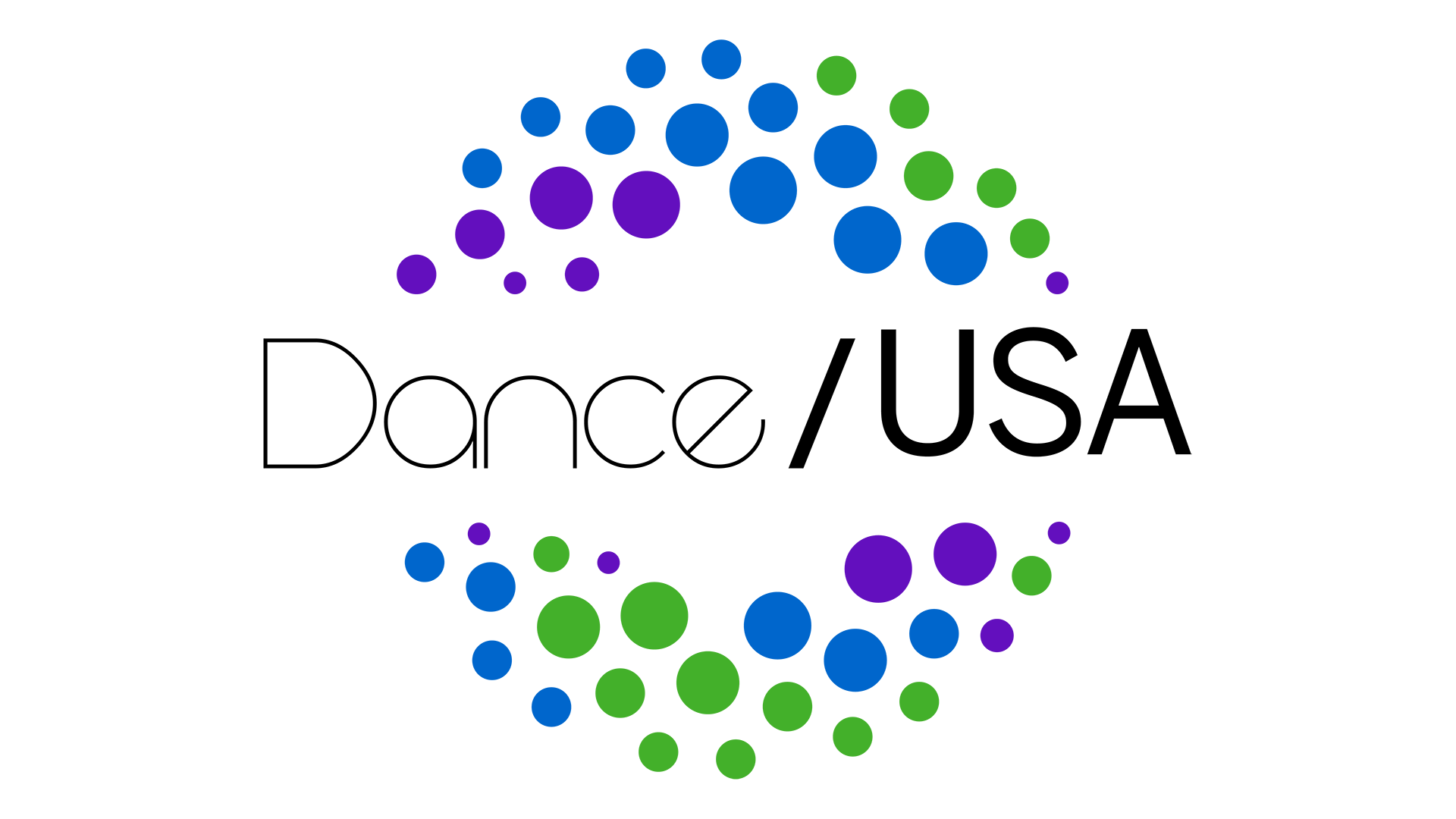DOL’s Overtime Regulations, National Arts Policy Statement and Election Season
By Brandon Gryde
Each fall, Dance/USA provides updates in From the Green Room on many of the key issues the arts community regularly monitors: appropriations for the National Endowment for the Arts and the Arts in Education program at the U.S. Department of Education, preserving the full scope and value of the charitable deduction, speedier processing times for foreign guest artists, and other issues.
After a highly successful winter where the arts community saw several big wins – an increased allocation to the National Endowment for the Arts, support for arts education in the reauthorization of the Elementary and Secondary Education Act, and seeing the IRA charitable rollover made permanent – our advocacy focus has shifted somewhat.
For example, the newly reauthorized education bill (called Every Student Succeeds Act) shifted much of the control to the states. That now means arts advocates at the state and local levels have to be armed to educate state education leaders about the importance of arts education in schools in order to receive funding. Dance/USA, sitting on the advisory committee of the Arts Education Partnership, is working with other national arts education partners to identify how to best provide tools to impact policy at the local level.
Dance/USA is also joining national nonprofit organizations in continuing to lobby Congress on the importance of the charitable deduction. While comprehensive tax reform, at least at the individual level, is unlikely in the next year, a recently published tax reform blueprint invited stakeholders to respond to the proposals. The charitable sector has taken the initiative to continue urging Congress to avoid setting any limits to the deduction, which would result in fewer or decreased contributions.
Dance/USA continues to advocate for increased support for the National Endowment for the Arts and other programs that are important to artists and arts organizations. However here is some insight into other important areas where Dance/USA has represented the field.
DOL’s Overtime Regulations
Last May, the U.S. Department of Labor finalized an update to the Fair Labor Standards Act (FLSA). This update increases the salary threshold for employees required to receive overtime compensation from $23,660 to $47,476 per year. This means that even if an employee passes the duties test with the white collar exemption, if that individual earns less than $47,476 per year, that individual is required to receive overtime compensation for working more than 40 hours per week.
This updated policy goes into effect December 1, 2016. It is important to note that 1.) nonprofits are not exempt; and 2.) while there have been some bills proposed to create a phased-in implementation for nonprofits, it is not likely that these will move through Congress this year. Bottom line: Do not procrastinate. If you haven’t started preparing for this, start now.
From what we’ve learned at Dance/USA, while there are some exemptions, many will not apply. For instance, even if an organization can determine that they it may not be covered by the FLSA because it earns less than $500,000 in business revenue, employees that handle interstate commerce (which includes emails, phone calls, purchasing supplies online, etc.) are covered by FLSA and may be eligible for overtime compensation.
There are also outstanding questions. Amusement and recreational businesses are not covered by the FLSA if they are in operation for less than seven months out of the year, with the exception of facilities maintenance. But the implications on a performing arts organization that goes “dark” in between productions are unclear. Additionally, because overtime regulations were created prior to the existence of digital communications, we don’t yet know how this will impact employees who earn less than the salary threshold or whether future litigation will result in remote accessibility being considered part of a continuous workday if an employee checks email in the morning over breakfast.
Performing arts organizations are somewhat unique because many employees may work normal 40 hour weeks until they get into tech and production weeks. Many performing arts organizations will also have to consider travel time when touring. It’s important to note that, even within the performing arts community, there will not be any one-size-fits-all decision-making. And decisions addressing the updated regulations need to get made soon as the regulation goes into effect December 1. December 1 is a Thursday so, at the very least, organizations need to update staff plans and salaries prior to that pay period. Some payroll companies may request earlier notice since so many clients will have to make changes in compensation.
Even while addressing the bottom line, organizational leadership should not forget the human factor. Some staff may get shifted from salary to hourly. While the take home pay may be the same, employees might feel as if they’ve been demoted. It is important that managers have honest conversations with staff, sharing how shifts in salary or payroll are happening at a national level and are not reflecting an individual’s work or value to the organization.
Much won’t be known about the impact until after this regulation is implemented. I want to hear from organizations about what steps you’re taking to address these changes and collect examples of best practices. Please feel free to email advocacy@nulldanceusa.org.
For additional information, I created a resource with my OPERA America colleague, Kurt Howard, that provides policy information and implementation tips.
National Arts Policy Statement
Over the past several months, Dance/USA worked with our national arts colleagues in drafting a statement, highlighting policy priorities for the arts sector, with the goal of demonstrating to a new Administration “how the arts can and should be included in its broader policy priorities.”
Looking at many of the key issues that we pay close attention to, including funding for the National Endowment for the Arts, Arts Education, international cultural exchange and immigration issues, taxation, etc., the policies were carefully included into larger categories.
The categories include:
- Equitable Access
- Economic and Community Development
- Education and Youth Development
- Veteran and Active Duty Military
- Health and Healing
- International Diplomacy and Cultural Exchange
- Technology and Communications
This statement, Advancing the Arts to Support National Policy Priorities, will be offered to the transition teams for Presidential candidates to encourage them to use the arts agencies (NEA and the President’s Committee on the Arts and Humanities) to identify how support for the arts can also assist the new Administration in addressing broader economic, domestic, and diplomatic issues.
The statement was sent out far and wide to a diverse group of national arts service organizations requesting feedback and suggestions. After edits were made, 62 national arts service organizations signed on in support of the document.
Presidential Campaigns
Presidential election season gives us all an opportunity to feel patriotic and excited around exercising our civic duty as citizens.
This is great as individuals. But nonprofits must be careful. Nonprofits must abide by some very clear “Dos and Don’ts” during an election cycle. First and foremost, nonprofits must always, in and out of an election cycle, remain nonpartisan. We can continue to lobby and advocate for the issues that impact our fields and participate in dialogue around those issues that may be central to a campaign. (Taxes? Immigration?) We can even assist with efforts to register voters.
But remember, as a 501(c)(3), charities cannot endorse candidates. Many public figures in charities use their social media accounts as a communication tool for their leadership. If your social media account is largely focused on your work, this is a time to be careful about the links you publish. You may be perceived as speaking on behalf of your organization.
Even above and beyond the regulations for charities, our artists, audiences, and donors come from across the political spectrum. It is important for charities to respect the differences our stakeholders and employees bring to the table and to not alienate individuals who care about our work.
For a more complete checklist, feel free to visit Independent Sector’s (Dance/USA is a member) resource on nonprofits and election-related activities.
Brandon Gryde has served as the Director of Government Affairs for Dance/USA and OPERA America since 2011, representing the membership in front of Congress, the White House, and Federal agencies. He advocates on a range of issues that include support for the National Endowment for the Arts, support for arts education under the Elementary and Secondary Education Act, nonprofit tax policy issues, and cultural exchange at the U.S. Department of State. Brandon previously worked as Director of Communications at Youth Service America, an international youth engagement organization. He also served as Director of Publications at Jump Street in Harrisburg, Pa., where he managed a re-granting program in partnership with the Pennsylvania Council on the Arts and launched AND Magazine, a quarterly arts and healthy lifestyles publications written by teens for teens. Brandon has a B.A. in Ethnomusicology and American Literature and Culture from UCLA and an M.A. in American Studies from Penn State.
____
We accept submissions on topics relevant to the field: advocacy, artistic issues, arts policy, community building, development, employment, engagement, touring, and other topics that deal with the business of dance. We cannot publish criticism, single-company season announcements, and single-company or single artist profiles. Additionally, we welcome feedback on articles. If you have a topic that you would like to see addressed or feedback, please contact communications@danceusa.org.
Disclaimer: Opinions expressed in guest posts do not necessarily represent the viewpoints of Dance/USA.




